Slovenia's pet supplies sector is 25 years old. When the country became independent from Yugoslavia on 25 June 1991, the borders with western Europe were opened, a development that gained further momentum with Slovenia's accession to the EU on 1 May 2004. The biggest city is Ljubljana with nearly 290 000 inhabitants, followed by Maribor (112 000). Both cities lie close to the Austrian border. Slovenia is the only one of the former Yugoslavian states so far to adopt the euro as its currency on 1 January 2007.
Pet owning
Dogs and cats make up the majority of the pet population in Slovenia. Nearly 220 000 dogs were registered there last year. No official figures exist for cats, but those familiar with the sector estimate there are nearly half a million cats, most of them living outdoors in rural areas. This picture is consistent with the experience of the speciality chains, which report much higher sales of canine than feline products. Mr Pet, is reported to have 60 000 pet owning clients with a customer loyalty card.
Aquariums and cage birds are probably the most traditional pet-owning categories in Slovenia. A significant community of bird breeders and owners existed in Slovenia long before it gained independence in 1991, and these traded birds with one another. The aquatics scene was similar to this, but now these segments play a subordinate role in the sales figures and product ranges of the pet store chains.
PetCo looks back on the 2025 Pet Conference in Germany
‛The 2025 Pet Conference in Leipzig once again offered numerous opportunities to discuss ideas and join in-depth expert talks…
Retail trade transformation
Pet owning in the traditional sense is now only reflected in the independent pet shops that still exist in Slovenia. There are reportedly around 120 to 150 of these, but their numbers are declining sharply, because even in Slovenia, customers are attracted to modern shopping centres and the large, bright retail areas. Since 2007 retailers have been aware of growing price sensitivity amongst the customers, not least due to the change in currency.
Nevertheless, sector experts speak of modest growth in the pet sector in Slovenia. In view of the very limited geographical area, however, most Slovenian importers, wholesale companies and pet store chains are waiting for the day when the country's neighbour, Croatia, joins the euro. They hope further expansion will then be possible.
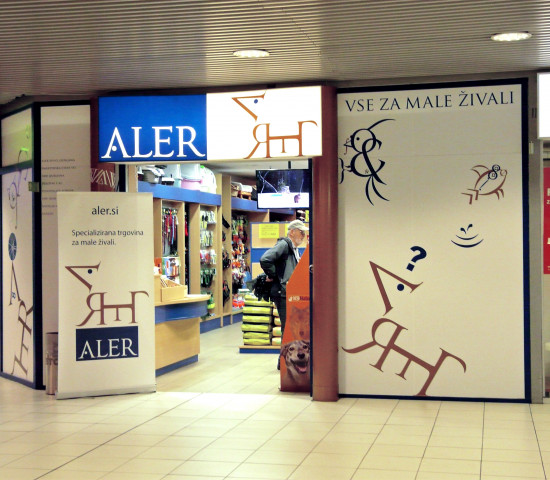
Aler in the BTC shopping centre in…


 Menü
Menü

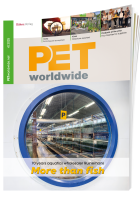



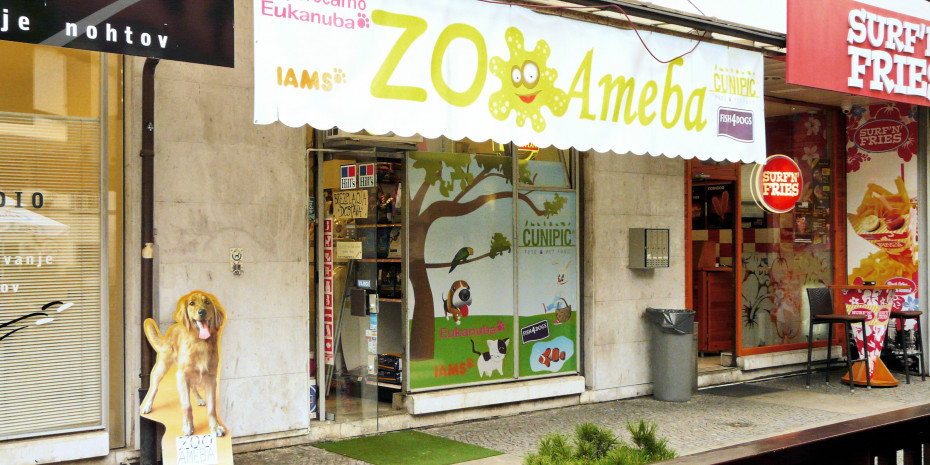




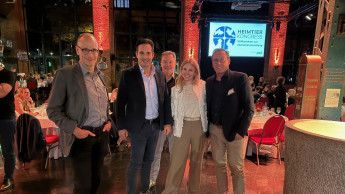
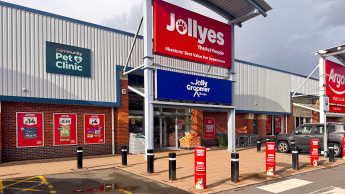
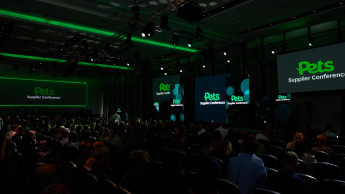
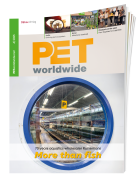


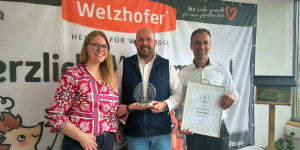


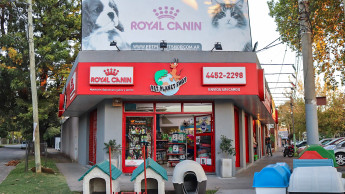
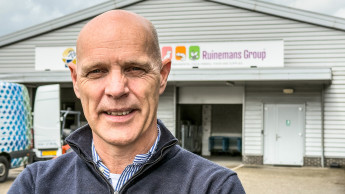
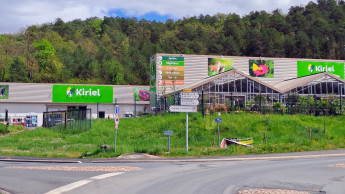
 Newsletter
Newsletter